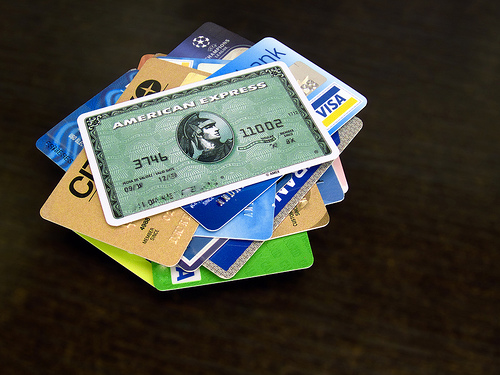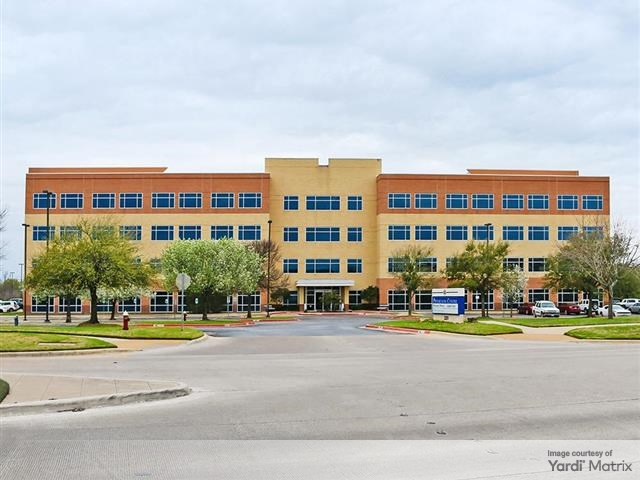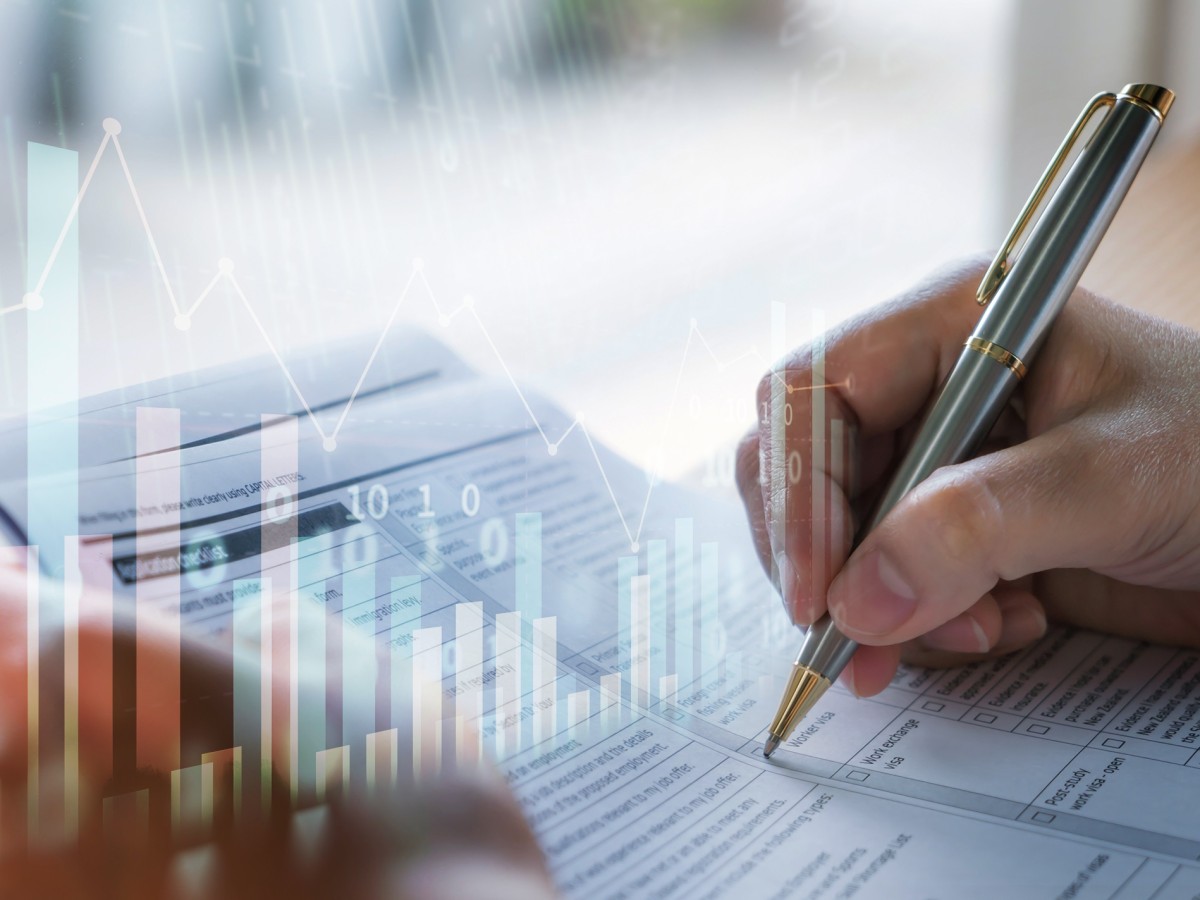Economy Watch: More Americans Now on the Wrong Side of FICO
FICO, the credit-score-generating company formerly known as Fair Isaac Corp., reported on Monday that fully 25.5 percent of American consumers (more than 43 million people) who use credit have a FICO score of below 600 on the company's 300-to-850 scale. In technical terms, that score level is "bad."
July 13, 2010
By Dees Stribling, Contributing Editor
FICO, the credit-score-generating company formerly known as Fair Isaac Corp., reported on Monday that fully 25.5 percent of American consumers (more than 43 million people) who use credit have a FICO score of below 600 on the company’s 300-to-850 scale. In technical terms, that score level is “bad.”
As recently as the mid-2000s, only about 15 percent of U.S. consumers had scores in the bad range. Moreover, it wasn’t as big a deal in those days, at least in terms of personal finance. Some–many–of the sub-600 consumers had access to credit by signing on the subprime or Alt-A bottom line and promising to try really, really hard to pay every month.
That kind of lending taught the financial industry an epic lesson about bad-credit that it isn’t likely to forgot for a few decades, meaning that many people now saddled with bad scores aren’t going to be offered nearly as much credit as before any time soon. After all, credit scores take a considerable amount of time to improve, especially after an event such as a foreclosure. The residential and retail real estate industries especially probably should take note.
What Double-Dip?
Double-dip recession is all the rage this summer among dismal scientists, and seemingly some investors and pundits too, but not everyone is a believer. “Currently, [containerboard] companies are raising prices, which only happens when demand warrants,” said Jeffrey Saut, a managing director at Raymond James, during his Daily Audio Comment on Monday. “Then too, rail traffic is increasing and diesel fuel consumption is rising, another metric that is inconsistent with a double-dip recession.”
He cited a six-month recession probability model created recently by Credit Suisse. According to Credit Suisse, while the economy has hit a soft spot, the odds of a sliding into recession are vanishingly low. Zero, in fact, which shows a lot of confidence in one’s economic modeling, at least.
“Moreover, the number of Manhattan apartment rentals doubled in 2Q10 on a [year-over-year] basis, while office vacancies in U.S. metro areas fell in 2Q10 vs. 1Q10 for its first drop since 2007,” Saut continued. “Ladies and gentlemen, these are NOT the metrics of a double-dip recession!” (Emphasis not added.)
Financial Reform Bill Tip-Toes Closer to Law
The fate of the financial reform bill in the U.S. Senate, whose progress to completion hasn’t inspired quite the same level of partisan fireworks as health insurance reform, has nevertheless been cloudy recently. On Monday, however, Sen. Scott Brown (R.-Mass.) said he would vote for the bill, moving it closer to realization.
“I expect to support the bill when it comes up for a vote…” Sen. Brown said in a statement that also mentioned the unreformed elephants in the room. “That doesn’t mean our work is done. Further reforms are still needed to address the government’s role in the financial crisis, including significant changes to the way Fannie Mae and Freddie Mac operate.”
Wall Street had a wild day on Monday, visiting the highs and the lows, but eventually ended in slightly positive territory. The Dow Jones Industrial Average edged up 18.24 points, or 0.18 percent, while the S&P 500 gained a scant 0.07 percent and the Nasdaq was up 0.09 percent.








You must be logged in to post a comment.